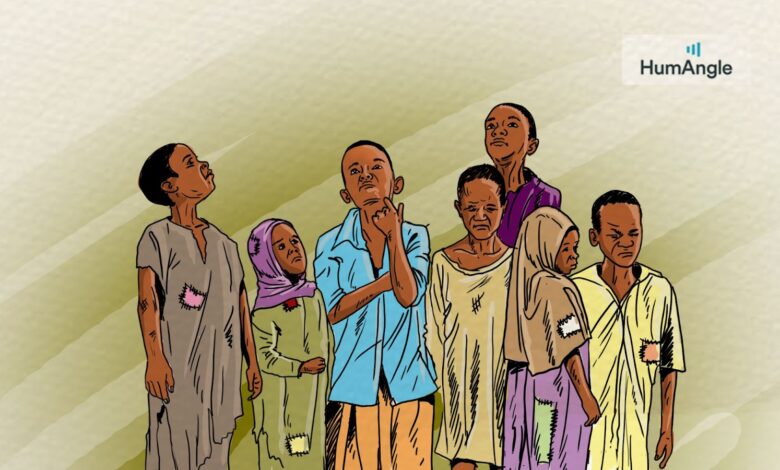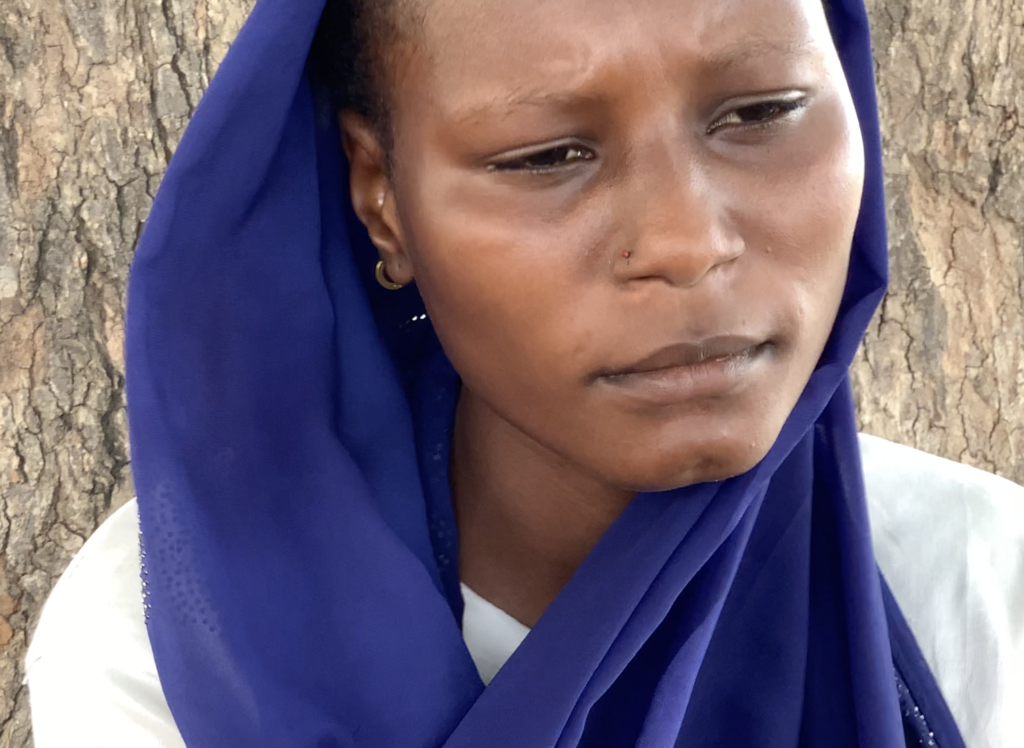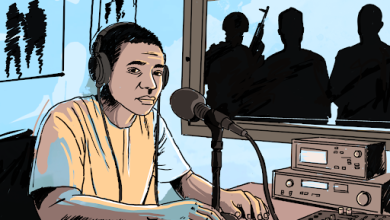More Than A Million Displaced Children In Nigeria Are Not In School
Armed violence and natural disasters have displaced many in Nigeria, including hundreds of thousands of children, who will likely miss out on critical years of their education.

Over a million internally displaced children who are within schooling age in Nigeria do not have access to quality education, severely limiting their opportunities in their future lives, a new analysis shows.
The proportion of children in displacement camps is usually higher than in the national population, the analysis carried out by the International Displacement Monitoring Centre (IDMC) found.
“Yet they are largely unaccounted for and not provided with education,” the report says.
Aisha fled her home aged 13. She is just one of the hundreds of thousands who has missed vital years of her education.
“Since I came here I have not been in school. There are no schools in the camp and the one outside the camp is expensive for me,” the displaced 19-year-old living in Malkohi IDP camp in Adamawa State, Northeast Nigeria told HumAngle.
Aisha was displaced in her first year of junior secondary school (JSS1) when she fled from her home in Madagali Local Government Area (LGA). She has so far lost six years of her education. It will be a struggle to catch up.

Children under 18 make up to 50 per cent of the displaced population across the country, while there are about 48 per cent of children below 18 nationwide. The IDMC says that more than half of these displaced children have had their schooling disrupted for up to six months.
There are an estimated 659,000 displaced children between the ages of five to 11, and 464,000 between 12 and 17 years old.
There are over 3 million people that have been displaced in the northern region of Nigeria due to insurgency, extortion and thievery by armed groups, farmer-herder conflict and communal clashes. Other forms of displacement have also been recorded in the southern region due to the flood disasters that ravaged the region since the onset of the rainy season that lasted from June to October.
Schools may simply be unavailable for displaced children if they had been damaged or deliberately destroyed, the analysis said. School facilities, as well as teachers and students facing continuous attack or threats often affects availability of quality education especially in conflict settings.
Even with the availability of schooling systems, being displaced often affects the quality of education. The analysis states that though data is scarce, a survey in Plateau, a state in north central Nigeria, found that 37 per cent of IDPs were less satisfied with their children’s education since their displacement.
The survey said that “this was because the only schooling available was provided free by volunteers in their camp, where there were no proper classrooms and teacher absenteeism was an issue.”
Such situations have also been reported in Borno state, Northeast Nigeria, where volunteers improvise by making use of rough walls painted with charcoal as a chalkboard, and broken pieces of Plaster of Paris (POP) as chalks to teach children who are seated on straw mats under a shade.
‘No school’
Recent assessments reveal more than half of displaced children in Borno have been returned home or moved to resettlement sites after the main camps they were living in were closed. Parents of these children lament how conditions have not changed and the lack of a quality schooling system still persists.
“There are no schools for our children to attend,” Dahiru Bulama told HumAngle. The 33 year old originally from Kajere community is now resettled in Nguro Soye, a village in Bama LGA, Borno.
Apart from displaced children being deprived of quality education, displacement itself can disrupt education for non-displaced children living in host communities. This is because newly displaced people who do not get shelter in official camps or camp-like settings resort to school facilities.
Last year, HumAngle reported how a primary school in Sokoto state, north west Nigeria, was housing 12,000 IDPs who share the facility with pupils while waiting for the state authorities to provide a suitable place for them.
The IDMC stated that gaps in data collection are hindering authorities and the international community from addressing the problem.
Political factors can hinder data collection as some governments may not be willing to recognise IDPs and identify them in their data collection, the report from the IMDC said.
This type of gap has been noted in the northwestern part of Nigeria where state governments refuse to recognise the thousands of people who have fled their homes as IDPs, causing more complications for the displaced persons than the lack of quality education. Humanitarian actors are often absent from the region in comparison to the northeast.
It added that humanitarian organisations, UN agencies, civil society organisations and national statistics offices often refer to displaced children as “crisis-affected children” or “children in need”, making it difficult to use their data to inform displacement estimates.
Support Our Journalism
There are millions of ordinary people affected by conflict in Africa whose stories are missing in the mainstream media. HumAngle is determined to tell those challenging and under-reported stories, hoping that the people impacted by these conflicts will find the safety and security they deserve.
To ensure that we continue to provide public service coverage, we have a small favour to ask you. We want you to be part of our journalistic endeavour by contributing a token to us.
Your donation will further promote a robust, free, and independent media.
Donate HereStay Closer To The Stories That Matter




